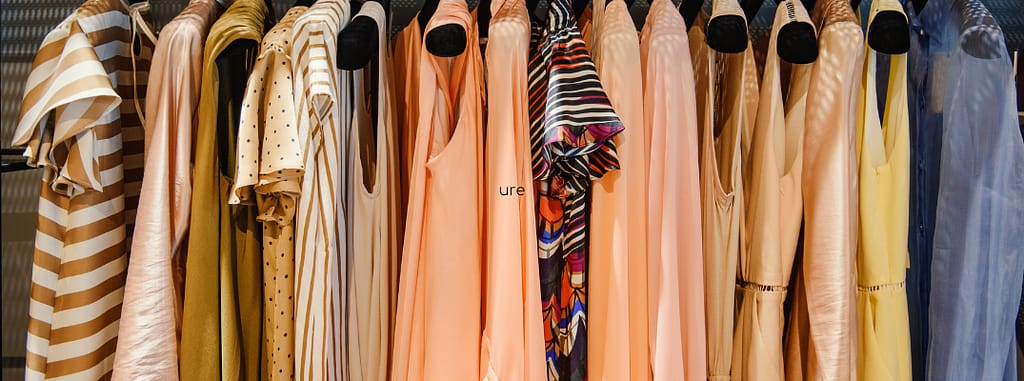Sustainable Fashion also known as eco fashion or ethical fashion can be regarded as fashion that has less impact on humans and the environment from its entire value chain to final disposal. Sounds straight to the point right? But if you knew a thing or two about Sustainable fashion before now, you would see that some of them were just myths to make the concept look different; myths I shall attempt to debunk below:
1. Sustainable Fashion involves getting raw materials from Africa.
If you ever believed that only made in Africa or clothes with African raw materials can be termed as Sustainable then you have to think again. Most developed countries have taken the bull by the horn when it comes to the business of Ethical Fashion. Recycled Cotton are now being developed by smart countries like Sweden, For a raw material to be sustainable, it means that it has very minimal impacts if not zero on people and the environment and not necessary sourced from Africa.
2. Sustainable Fashion is for Charity
For a long time coming, Sustainability and social responsibility in fashion has been seen as a cynical marketing ploy, a form of fashion that has charitable benefits when advertised, so people think of buying an ethical cloth and they are considering the lives they would be touching by that purchase and if they really do care. Not so, Ethical Fashion is usually pricier than the normal factory made, over-worked labourers, guilt filled clothes that are more affordable but not as durable.
3. All Made-in-Nigeria fashion must be grouped under Sustainable Fashion.
Like I said in #1, that a product is locally sourced does not make it great for the environment or people; there has been a lot of buzz lately on the #BuyNigerian campaign which I honestly admire as it helps build on the economic pillar of any nation (if it does fly). I however do not agree that all of them are sustainable. Eco-friendly products are known to be able to endure from source to design to manufacture to retail/packaging and finally to its final owner and even until you get tired of it without having any harmful effects on the environment or the people. So think of how much fossil fuel was burnt to make that Nigerian fashion item, how much waste of “material” was involved and how people were affected in the whole process. If everything ticks okay then it is fine to call it Ethical or Eco-Fashion. The Tie and Dye we showcase in Nigeria as an Eco-brand has got some of its makers poorly treated in the west and northern areas of the country. They do not get up to 15% of what some of these clothes are sold for and that’s just the way it is.
4. Sustainable Fashion is not easy to find in Nigeria
Think again, we have lots and lots of them around, some not as packaged as we would prefer but they are everywhere, in our markets and shops.
5. Sustainable Fashion is going out of trend
Actually no, two trends in particular are on the radar and designers need to be on top of their game for: first is Upcycling- which is the ability to reuse a fashion product again and again while second is textile innovation which Nigeria has not yet gotten up to speed with (at least just yet). Avoiding waste in textile choices and design will be so necessary as cotton is getting scarce by the day. Technology is definitely going to help sustainable fashion especially here in Africa where high level developments and techy advancements have not really gotten to us. Most top designers are now even using sustainability to regain brand trust. E.g. H&M!
And if you’re saying to yourself, “it’s not trendy for me as a person” then think again as according to this study published in the Fashion Theory journal the term ‘eco dress’ is synonymous with hippy clothing from as far back as the 1960s. By buying more ethical fashion and showing it can be chic too, we help debunk these myths.

Can you think of more myths? Or do you think all Made in Nigerian products should be tagged sustainable?

